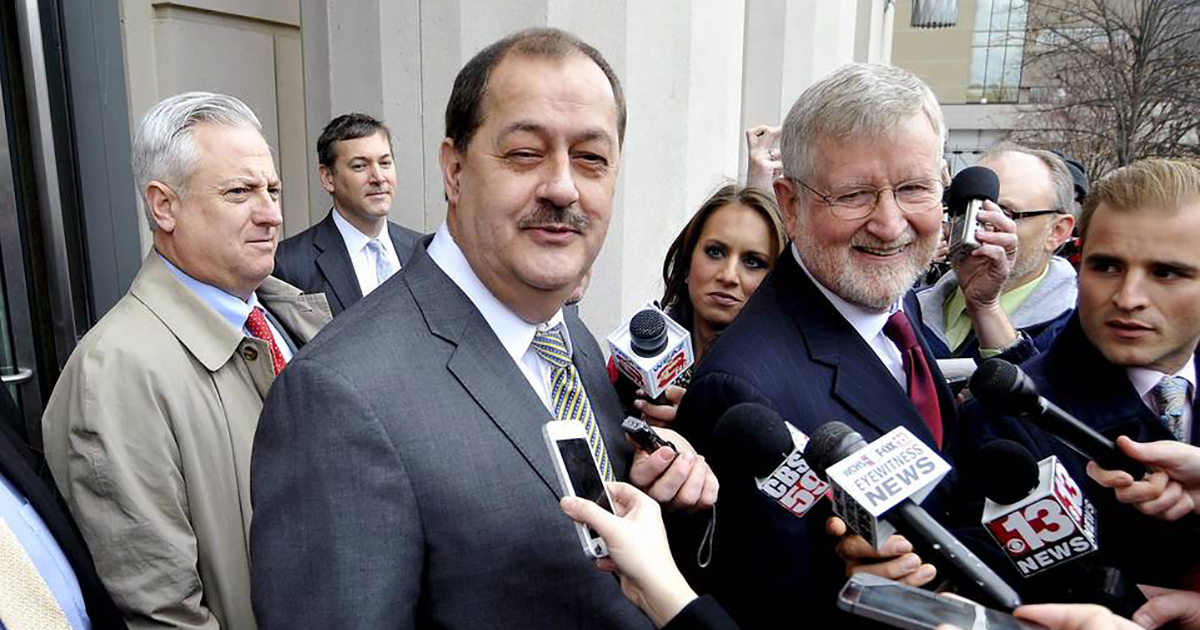The Securities and Exchange Commission (SEC), the federal group in charge of policing and preventing corporate manipulation of the stock market, has admitted that they are not policing corporate stock buybacks, reported the Intercept.
In a response to Sen. Tammy Baldwin (D-WI), SEC Chair Mary Jo White admitted that the agency has no ability or intention to police and regulate Wall Street crime. Baldwin and Democratic presidential candidates Hillary Clinton and Bernie Sanders have blamed corporate stock buybacks for perpetuating income inequality.
A stock buyback is when a corporation uses its profits to purchase its own stock off of the open market, rather than reinvest in the company itself. By limiting the supply of stocks on the open market, the corporations create demand and increase share prices. Last year, companies on Wall Street bought back $500,000,000 worth of their own stocks.
Before the 1980s, corporations were afraid of stock buybacks because they didn’t want to get in trouble for market manipulation. However, that changed in 1982 when SEC Rule 10b-18 was adopted.
The rule granted companies a “safe harbor” from market manipulation liability on stock buybacks on the stipulation that the companies adhered to four limitations: no buybacks at the start and end of the trading day, use one broker, purchase at the prevailing market price, and buybacks can’t exceed 25 percent of the daily average of trading volume over a four-week timeframe. However, the most damaging part of Rule 10b-18 is that companies were not required to fully disclose their buybacks.
Only a small revision was made in 2004 that required companies to report their monthly buybacks to the SEC, but companies still don’t have to report the buybacks made on specific days. This vague rule allows companies to rig the market on a horrific scale. Wall Street found several loopholes in Rule 10b-18, and the SEC has crippled itself from doing anything about it.


